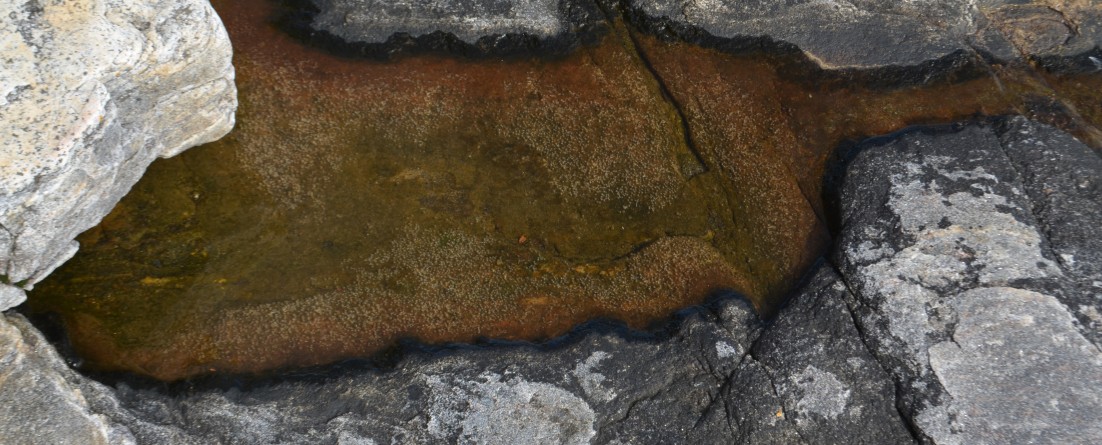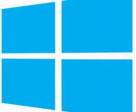This Monday I defended my PhD dissertation publicly at University of Tromsø at the Faculty of Science and Technology. First, I held a trial lecture about Visual Analytics (“State of the Art and Challenges”). The thesis’ final title is “Display Scale in a ‘Document’ Perspective: Size Matters”. After a 45 minutes presentation of the highlights of my work the two main opponents asked critical questions about my work and the whole defence lasted about 3 hours.
Publicly defending a dissertation in this manner is an exhausting affair. I have never been so mentally tired – depleted – in my life. Even though I was well rested and quite “fresh” in the morning it was a very intense experience. I guess this is also related to the process leading up to the defence. About three weeks before, I was presented with a report of the committees work where they scrutinise the weaknesses of your work as well as describing strengths and significant contributions in their view. Then, two weeks before the defence is planned I got the topic for the trial lecture to be held an hour before the defence commences. This topic of the lecture is not to be on or about central topics in the thesis (but rather something that you have read about and digest current research about) and is to last for 45 minutes.
First having to present something that is somewhat unfamiliar to you two weeks before – and then – after the committee decides whether or not this was a satisfactory performance – having to present (also for a public audience) and defend your work is, I guess, also from an objective standpoint – quite an undertaking. I can confirm that it was for me – a huge task.
Even though it was a strenuous experience it was actually great! It was an honour to be able to present something that I have worked with so long and hard for that many people (many whom I know very well, friends and family, but also others) – for such a long time (almost 3 hours) without anyone leaving the room or falling asleep. It seemed like it was engaging and to some extent interesting for most of them (thank you, by the way, who were in the room – for giving me that impression!) Something that I will remember from this day, in particular, was the construction work in progress next to the Science building. Several times during my presentations the engineers detonated explosives. The timing of the detonations even sounded well-planned (like when the leader of the defence, professor Smalås, presented the main advisor for this work: Gunnar Hartvigsen <BOOOM!>)
All in all it was a perfect day. It was exactly as exhausting as it is supposed to. I felt the presentations went well, and were well-received by both the public and the opponents and the defence was as critical (but fair) as it should be and that my replies and the discussion that followed were quite all right. It is an indescribable relief to be able to finish such a long process in what I feel is a decent – or actually (if I may say so myself) a quite good manner. Again, I thank all the people who contributed to this end, both in creating the work reported in the thesis/defence and those who were present on Monday and the committee in particular.

